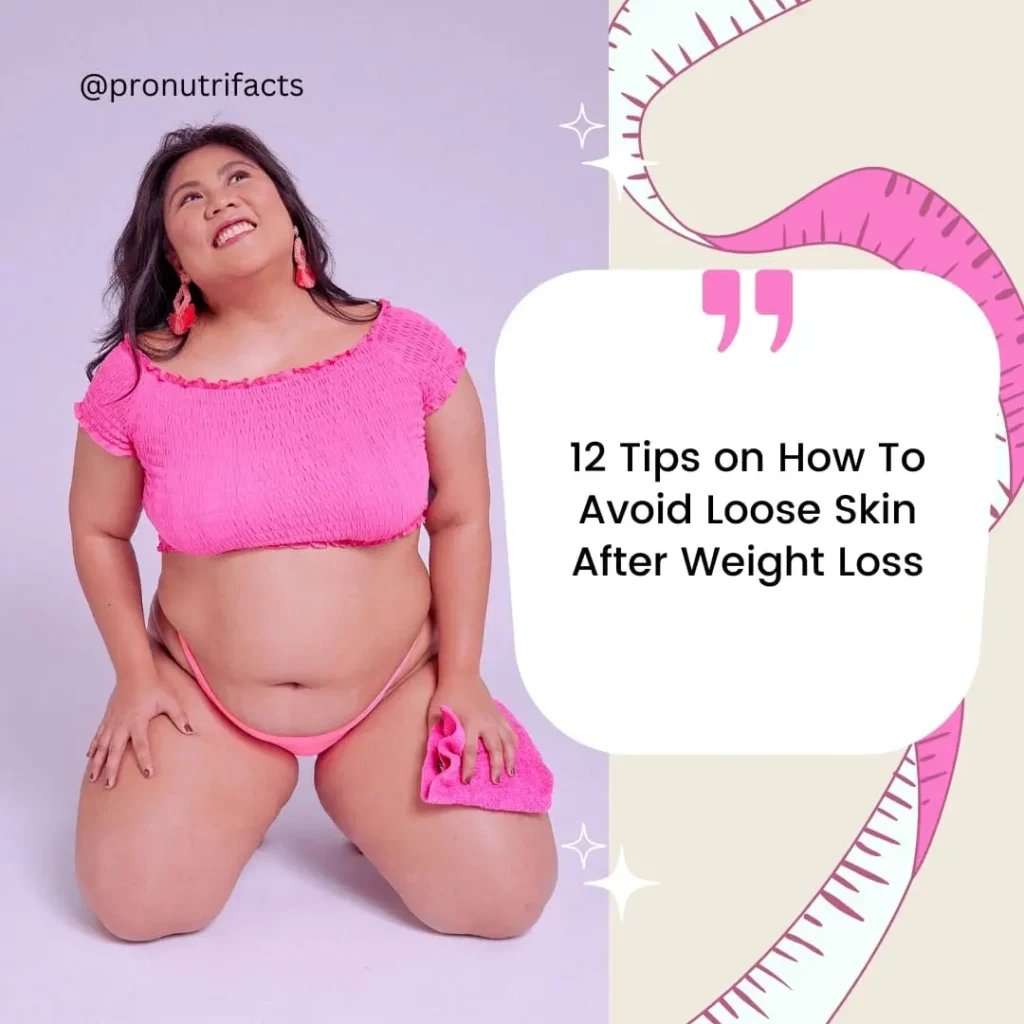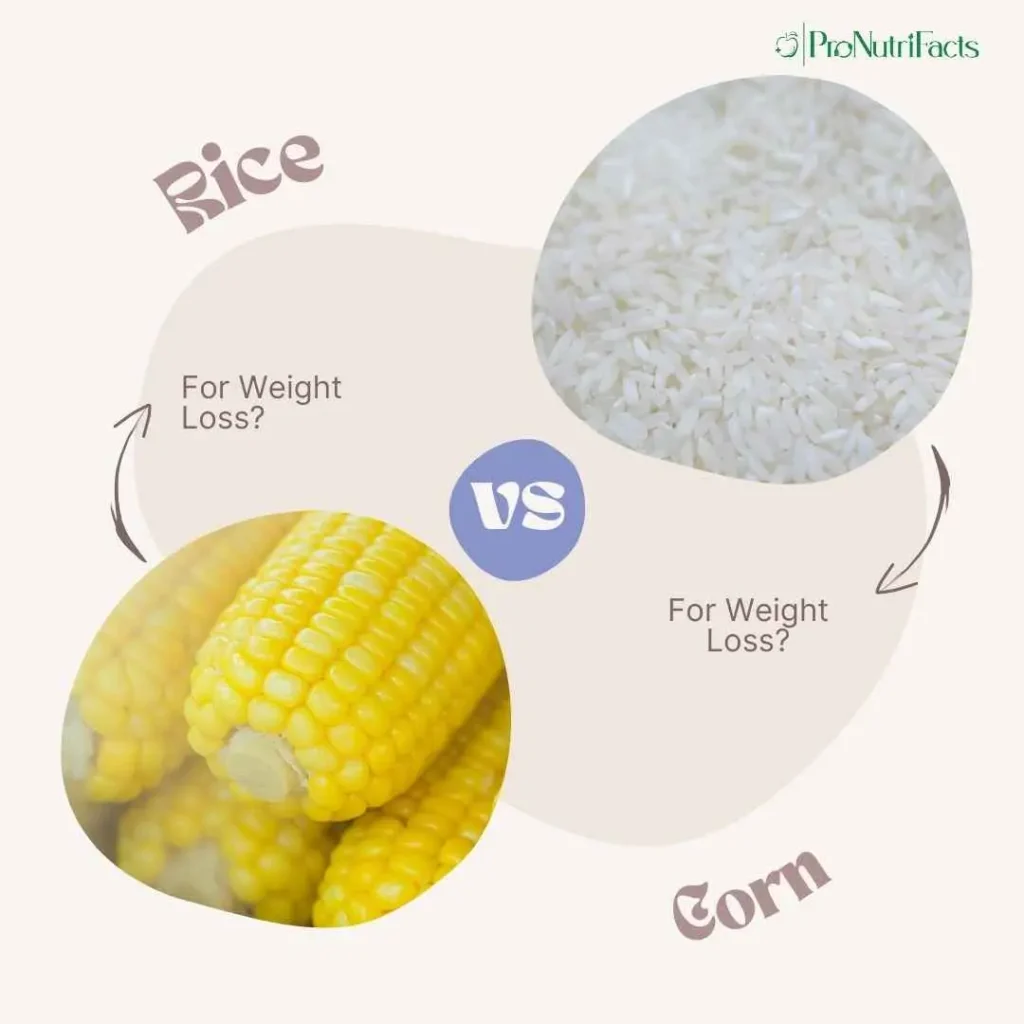Weight loss pills can offer a shortcut for those struggling to lose weight through diet and exercise alone. But are they safe? Do they really work? The short answer: some are effective — especially prescription options — but all come with risks, limitations, and side effects. This article explores what weight loss pills are, how they work, their pros and cons, and who should consider them.

What Are Weight Loss Pills?
Weight loss pills are medications or supplements designed to help people lose weight. They work in various ways—some reduce appetite, others block fat absorption or boost metabolism. These pills are either prescription-based or sold over the counter (OTC).
Prescription vs. Over-the-Counter
Prescription weight loss pills like Phentermine, Contrave, Qsymia, and Orlistat (Xenical) are approved for weight loss by the Food and Drug Administration (FDA). They’re prescribed to people with a body mass index (BMI) over 30, or over 27 with health conditions such as type 2 diabetes or high blood pressure.
OTC supplements include Alli (a lower-dose Orlistat), caffeine-based burners, green tea extract, and herbal blends. However, most OTC options lack clinical testing and FDA approval.
How They Work
Different pills act differently in the body:
- Appetite suppressants (e.g., Phentermine) reduce hunger.
- Fat blockers (like Orlistat) stop your body from absorbing some fats.
- Metabolism boosters increase calorie burning.
- Fullness promoters like Plenity use natural fiber to help you feel full faster.
Pros of Weight Loss Pills
While they’re not magic, weight loss medications can offer real help when used correctly:
- They can jumpstart weight loss when diet and exercise have plateaued.
- Appetite suppression helps reduce cravings and improve portion control.
- Early results often boost motivation and commitment to a weight loss program.
- Some, like Ozempic weight loss pills, improve blood sugar levels and insulin sensitivity, particularly for those with type 2 diabetes.
Important: These benefits are most effective when pills are combined with lifestyle changes like healthier eating and regular activity.
Cons and Risks of Weight Loss Pills
Limitations
Even the best pill to lose belly fat isn’t a permanent fix:
- Results are short term unless habits change.
- Weight often returns when pills are stopped.
- Not everyone responds — effectiveness varies by body, lifestyle, and genetics.
Risks
- Stimulant-based pills can raise heart rate and blood pressure, posing risks for those with cardiovascular conditions.
- Over-the-counter pills may contain hidden or banned ingredients.
- Liver or kidney damage is possible with unsupervised use.
- Psychological risks, including dependency or mood swings, especially with long-term use.
Common Side Effects of Popular Weight Loss Pills
Here’s a look at some widely used pills and their potential side effects:
| Pill | Common Side Effects |
| Phentermine | Insomnia, increased heart rate, anxiety |
| Qsymia | Dry mouth, tingling in limbs, memory issues |
| Contrave | Nausea, dizziness, mood changes |
| Orlistat (Xenical, Alli) | Oily stools, bowel urgency, flatulence |
| Plenity | Bloating, feeling overly full |
Note: Not everyone experiences side effects. Always consult a healthcare provider if symptoms persist or worsen.

Who Should (and Shouldn’t) Consider Weight Loss Pills
Good Candidates
You might be eligible for prescription weight loss pills if:
- Your BMI is over 30, or over 27 with issues like type 2 diabetes or high blood pressure
- You’ve tried and struggled with diet and exercise
- You’re under medical supervision and ready to make lifestyle changes
Not Ideal For
Avoid weight loss drugs if you:
- Are pregnant or breastfeeding
- Have a history of eating disorders
- Struggle with substance abuse
- Aren’t under a doctor’s care
FAQs – Straight Answers to Common Pain Points
Do weight loss pills work without diet or exercise?
➤ Not really. Even the best over the counter weight loss pills or prescriptions work best when combined with diet and exercise.
Can weight loss pills cause serious health issues?
➤ Yes. Heart problems, mood changes, and liver issues have been reported, especially with OTC products or misuse.
How long should I take weight loss pills?
➤ Typically, short-term use is advised (12 weeks to 6 months), unless your doctor recommends otherwise.
Why am I not losing weight on pills?
➤ Several reasons: poor diet, high stress, lack of sleep, or medical issues like thyroid disorders can block results.
What’s the safest weight loss pill?
➤ It depends. Many consider Orlistat or Plenity safer but less effective. Speak to your provider to find what suits your health profile.
Are over-the-counter pills effective?
➤ Rarely. Most lack solid evidence and FDA approval. Risks often outweigh the benefits.
Expert Tip: Real Story Behind the Prescription

Sara, 38, started phentermine weight loss pills after hitting a plateau. While the pills curbed her appetite, she realized that real progress came from joining a weight loss program with coaching, meal tracking, and support. She lost 18 pounds in 3 months, but it was her new habits—not just the pills—that kept the weight off.
“The pills gave me a push, but lifestyle change kept me going,” she said.
Conclusion
Weight loss pills can support your journey — but they’re not a magic fix. They work best as part of a plan that includes diet, exercise, and long-term habit change.
Before starting any medication — even FDA-approved weight loss pills — talk to your doctor. The smartest weight loss is safe, informed, and sustainable.Have questions about prescription weight loss pills, potential side effects, or which option is right for you? Visit Pronutrifactsfor expert guidance and take the first step toward safe, lasting results.
📊 Comparison Table: Prescription Pills vs OTC Supplements – Quick Comparison
| Name | Type | How It Works | Effectiveness | Side Effects | FDA Approved? |
| Phentermine | Prescription | Appetite suppressant | High (short-term) | Anxiety, high BP, insomnia | ✔ Yes |
| Qsymia | Prescription | Appetite suppressant + filler | High | Dry mouth, tingling | ✔ Yes |
| Orlistat (Xenical) | Prescription | Fat absorption blocker | Moderate | Oily stools, gas | ✔ Yes |
| Contrave | Prescription | Appetite & craving control | Moderate | Nausea, mood swings | ✔ Yes |
| Plenity | Prescription | Promotes fullness with fiber | Moderate | Bloating | ✔ Yes |
| Alli | OTC | Fat absorption blocker | Mild to moderate | Similar to Orlistat | ✔ Yes (lower dose) |
| Green Tea Extract | OTC | Boosts metabolism (mild) | Low | Jitters, nausea | ✘ No |
| Caffeine Pills | OTC | Energy and metabolism boost | Low | Jitters, sleep issues | ✘ No |





